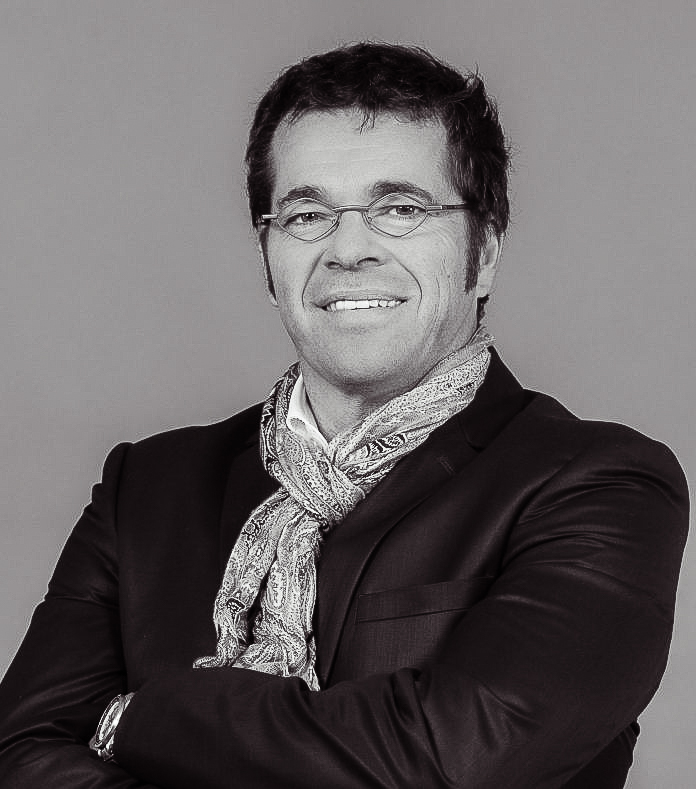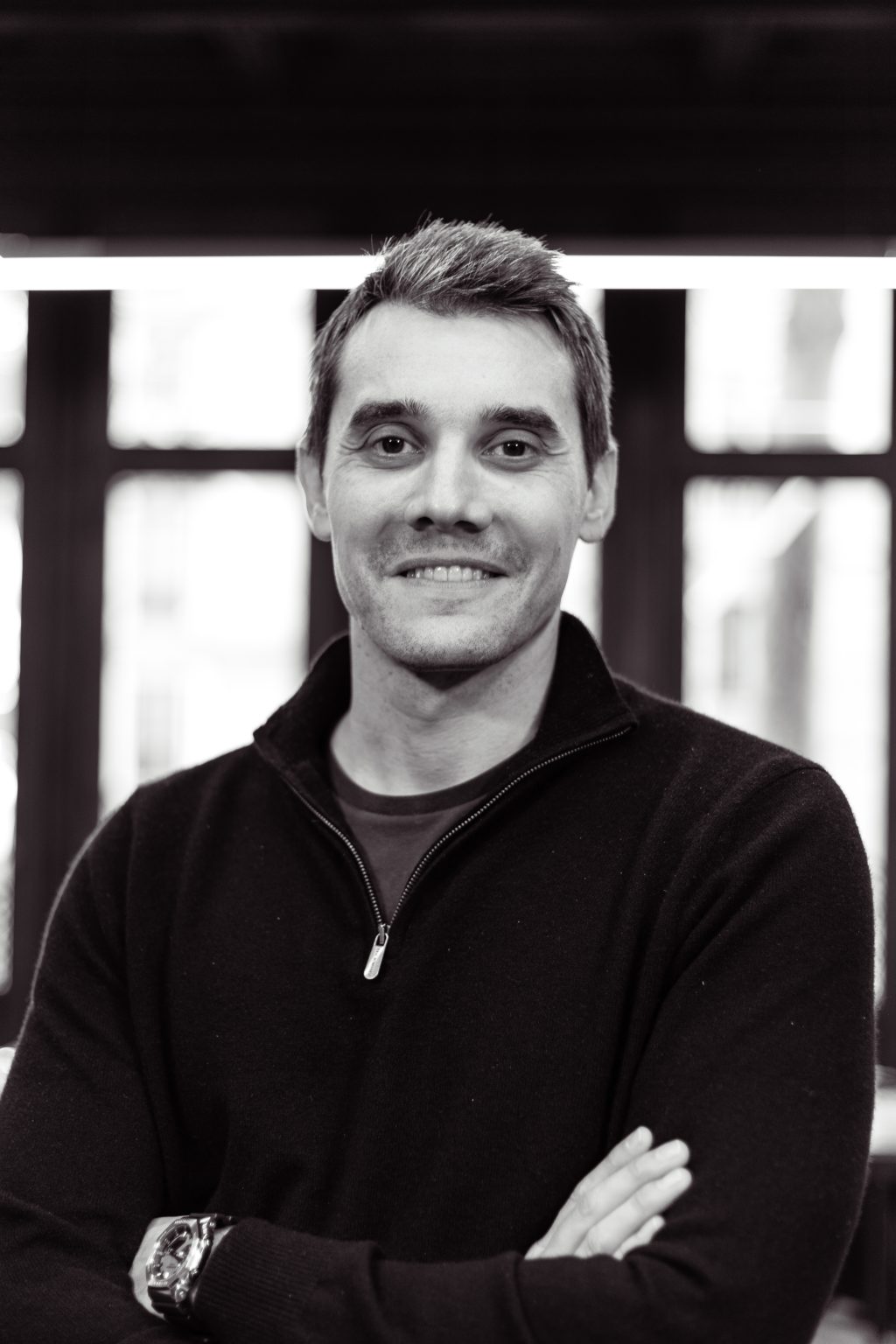FREDERIC LAVENIR
Managing director of CNP Assurance, Vice president of ADIE
Html code here! Replace this with any non empty text and that's it.
What is the policy of CNP Assurances towards young people?
Obviously, our policy towards young people is based primarily on an employer’s perspective. Since 2012, we’ve almost doubled the number of work placements available in our core business – i.e. insurance – for young people on work-study programmes ranging from the vocational baccalaureate to Masters level. We employ over 100 people on such programmes, who make up 4% of our workforce in France. We’ve also been using “generation contracts1” since they were first introduced in 2013.
In 2015, more than 290 young people worked at CNP Assurances, which employs just under 2,900 people in France.
In addition, the CNP Assurances foundation has a firm focus on young people. For example, we support the Civic Service scheme by financing 50 volunteers who promote prevention and awareness to young people, and we participate with Alliance des Mécènes in a national programme to prevent early school leaving.
As a company manager, what specific problems have you seen in France regarding the relationship between the business community and young people? How do you think these problems can be solved?
In France, the business and academic communities are afraid of each other. Young people have testified repeatedly to this gap, and I felt it again at the conference with youngsters from Bondy and Sarcelles last 16 December, which Confrontations Europe kindly invited me to attend.
Clearly, the main challenge is to increase the number of apprenticeships available. Of course there are no miracle solutions, but we must continue to promote work-study programmes as a powerful and effective social inclusion tool. We must also allow businesses to play a greater role in designing training programmes, even if this means loosening the rules a little and introducing courses involving less theory (at least to start with) and a little more work experience.
But besides the images/confrontations se changes, I believe we must be more proactive in bringing businesses closer to education. This is a huge responsibility for business and economic leaders alike. Company managers should be encouraged to go into schools to talk about the world of work. Closer ties should be built between businesses and schools to help underprivileged young people find work placements and so on.
You are also Vice-President of ADIE. What other opportunities do you think should be available to young people?
Business creation is proven to be an effective means of integration.
A wide range of funding and support is available to entrepreneurs. For example, for 25 years ADIE has been providing start-up loans to people who don’t have access to conventional credit. In 2007, a national programme was set up specifically for young people aged between 18 and 32, called Creajeunes. It consists of several group training modules focusing on the practical aspects of business, as well as individual assistance with developing a business project and networking. On completing the programme, young entrepreneurs may be offered a micro-loan or an interest-free loan. 30% of young people having attended the programme have gone on to set up their own business.
You see, it’s just one more example of how business can play a key role in employment matters. And it really is down to us, as business leaders, to foster more dialogue and trust.
1. Initiative designed to keep older wrokers in their jobas, help young people into long-term employment and ensure that skills and knowledge are passed on from one generation to the next









